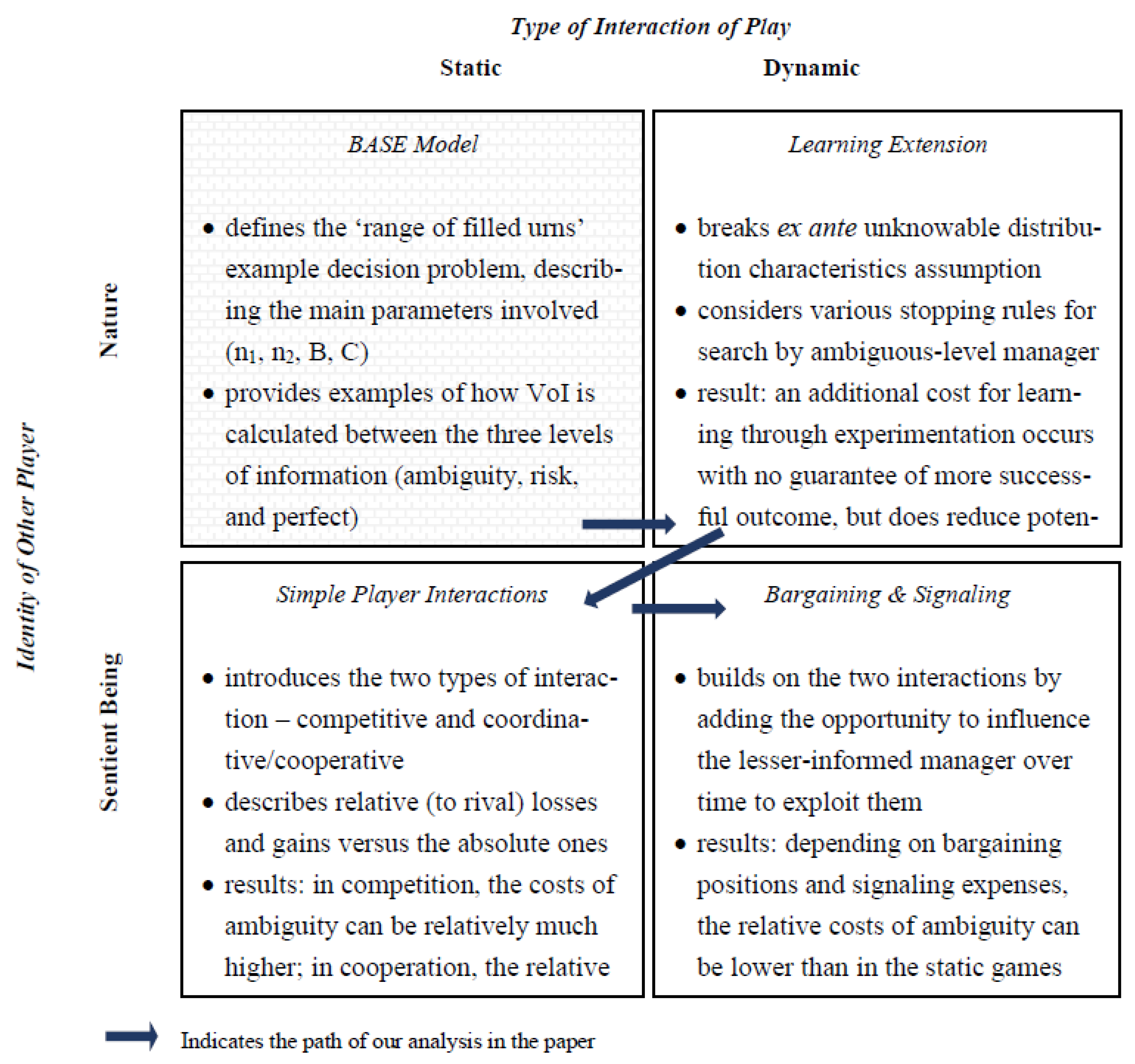
By K Raveendran
With signs of a wider conflict in the Middle East becoming stronger by the day, oil market analysts are keeping their fingers crossed over how the evolving scenario is going to shape the future of oil as well as the global economy.
As Israel pushes ahead with its Gaza action, bombing more and more Palestinian targets, and increasingly engaging the militant Hezbollah in Lebanon, the danger of a wider conflict has significantly escalated. Iran, which admittedly funds both Hezbollah as well as the Palestinian Hamas, has already warned of the inevitability of the conflict escalating if Israel is not restrained. The attack on Gaza hospital has led to the Arab bloc to further harden their positions and the aggressive support by the Biden administration and western powers to prime minister Benjamin Netanyahu’s hour of crisis, coupled with the arrival of US carriers, has not helped ease the situation a bit. In fact, the threat of involvement of Lebanon, Egypt and Syria, as well as other Arab states has becoming more real now.
IMF has already hinted that it has started ‘thinking the unthinkable’ and planning for another possible shock to the world economy. Although no one imagines a 1973-type shock, which saw crude prices spiral into four-fold increases with their consequent impact on consumer prices and inflation, oil prices throwing a spoke in the wheels of the global economy, already struggling to avoid stagflation and growth retarding tendencies, is becoming a menacing probability.
As of now, the market has taken the trouble in its stride and oil prices have shied away from the danger mark of $100 a barrel, pulling down towards the early and middle 90s. But analysts are hesitating to rule out a big spike, perhaps towards the 150-mark if the threat of a wider conflict materialises. This could be contingent to any problem in the movement of oil through the Strait of Hormuz, which accounts for the movement of up to 20 percent of all global oil movements.
An important counterweight is that OPEC is no longer the dictator that it used to be in the 1970s. Apart from internal conflicts, the cartel’s striking power has been hit by a lower dependence by the nations on oil as the main driver of progress. According to a Columbia University study, the role of oil in generating $1,000 worth of gross domestic product of nations has come down by more than half.
As far as India is concerned, the danger does not look as alarming as it used to be. Thanks to Russia emerging as India’s main oil supplier, Middle Eastern supplies have become that much less important for the country’s energy management. According to latest industry data, the share of Russian oil in India’s overall imports rose to about two-fifths in the first half of financial year 2023-24, consolidating Moscow’s position as the top supplier as refiners curbed purchase from the Middle East. In fact, India has emerged as the top buyer of the discounted Russian seaborne oil after Western nations slapped an embargo against Russian oil flows in the wake of the Ukraine war.
According to a Reuters report, India imported on average 1.76 million barrels per day (bpd) of Russian oil from April to September, which is more than double that of about 780,000 bpd in the same year-ago period. It said India’s imports from Russia, which had slipped in July and August, recovered to 1.54 million bpd, up 11.8 percent from August and 71.7 percent from a year ago. Russia was the top oil supplier to India in April to September, followed by Iraq and Saudi Arabia.
Conversely, India’s imports from Iraq and Saudi Arabia fell by 12 percent and about 23 percent to 928,000 bpd and 607,500 bpd, respectively, during the April-September period. On the other hand, imports from the Middle East in April-September declined by about 28 percent to 1.97 million bpd, dragging down the region’s share in India’s overall oil imports to 44 percent from 60 percent during the same year-ago period.
While Saudi Arabia, which plays the biggest role in determining oil prices by controlling output and coordinating the activity among major oil producers, would be happy to see oil prices making a study climb, it is, however, aware of the danger any spiralling of oil prices could pose to oil demand, which is the most important factor that determines the price. This acts as a clear moderating aspect in shaping its reading of the current conflict, which could end up in very different ways, depending on what happens next. (IPA Service)
The post Threat Of A Wider Conflict Keeps Oil Market Analysts In A Discomforting Guessing Game first appeared on Latest India news, analysis and reports on IPA Newspack.


